Choosing the Best Laptops For Programming
In today’s tech-driven world, having the right laptop can make all the difference for programmers. Whether you’re a beginner learning to code or an experienced developer working on complex software, a powerful and reliable laptop is essential. The best Laptops For Programming should have a fast processor, ample RAM, and an efficient keyboard to help you code smoothly without lag.
When choosing a laptop for coding, look for:
✅ Powerful processors (Intel Core, AMD Ryzen, or Apple M-series)
✅ At least 8GB RAM (16GB recommended for heavy tasks)
✅ Fast SSD storage for quick file access
✅ Comfortable keyboard for long coding sessions
✅ Good battery life to work on the go
Now, let’s dive into the 3 Best Laptops For Programming in 2025!
The 3 Best Laptops For Programming in 2025
1. ASUS VivoBook 16 – Best for Budget-Conscious Programmers 💰
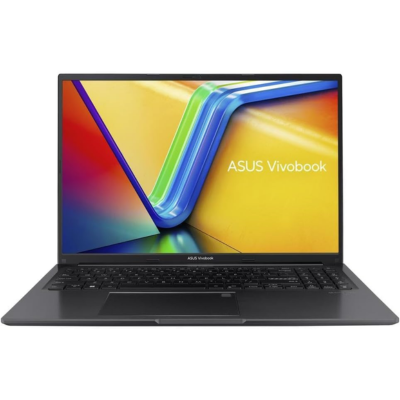
Specifications
| Feature | Details |
|---|---|
| Brand | ASUS |
| Model | VivoBook 16 |
| Screen Size | 16 Inches |
| Resolution | WUXGA (1920 x 1200) |
| Processor | AMD Ryzen 5 7530U |
| Graphics | AMD Radeon™ Graphics |
| RAM | 8GB |
| Storage | 512GB SSD |
| OS | Windows 11 Home |
| Special Features | Fingerprint Sensor |
✅ Reasons to Buy
✔ Large 16-inch WUXGA display with a 16:10 aspect ratio for more screen space
✔ Powerful AMD Ryzen 5 processor for smooth performance
✔ 512GB SSD storage for fast loading times
✔ Fingerprint sensor for added security
❌ Reasons to Avoid
❌ 8GB RAM may not be enough for advanced programming tasks
❌ Integrated graphics may not support heavy GPU-intensive work
🔍 Review
The ASUS VivoBook 16 is an excellent choice for beginner and intermediate programmers who need a large screen and reliable performance on a budget. It offers a comfortable keyboard, fast SSD, and a fingerprint sensor for security. However, advanced users working on AI, data science, or game development may need more RAM and a dedicated GPU.
2. Acer Swift Go 14 – Best for Portable Programming ✈️
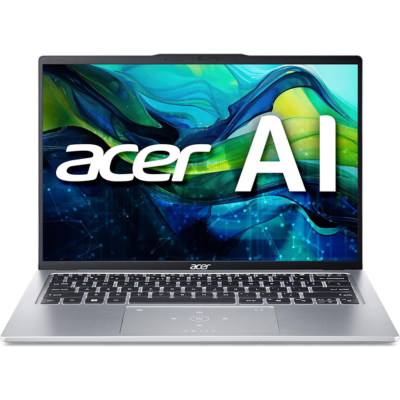
Specifications
| Feature | Details |
|---|---|
| Brand | Acer |
| Model | Swift Go 14 |
| Screen Size | 14 Inches |
| Resolution | OLED WQXGA+ (2880×1800) |
| Processor | Intel Core Ultra 5 125H |
| Graphics | Intel ARC |
| RAM | 8GB LPDDR5 |
| Storage | 512GB SSD |
| OS | Windows 11 Home |
| Special Features | Fingerprint Reader, Backlit Keyboard, WiFi 6E |
✅ Reasons to Buy
✔ Ultra-portable design, perfect for on-the-go coding
✔ OLED display with sharp 2880×1800 resolution
✔ Intel Core Ultra 5 processor for fast performance
✔ WiFi 6E support for fast internet speeds
❌ Reasons to Avoid
❌ Limited to 8GB RAM, which may not be enough for complex coding tasks
❌ No dedicated GPU for intensive programming like AI/ML
🔍 Review
The Acer Swift Go 14 is an excellent travel-friendly laptop for programmers who need power and portability. The OLED screen makes it great for long coding sessions, while the Intel Core Ultra 5 processor ensures smooth multitasking. However, professionals working on machine learning or game development may need more RAM and a dedicated GPU.
3. Apple MacBook Air M3 – Best for macOS Developers 🍏
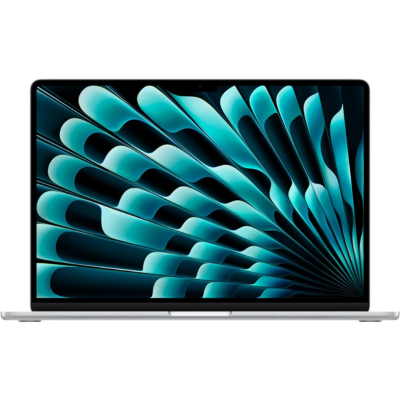
Specifications
| Feature | Details |
|---|---|
| Brand | Apple |
| Model | MacBook Air 15-inch (2024) |
| Screen Size | 15.3 Inches |
| Resolution | Liquid Retina Display |
| Processor | Apple M3 Chip |
| Graphics | Integrated |
| RAM | 8GB Unified Memory |
| Storage | 256GB SSD |
| OS | macOS |
| Special Features | Touch ID, Backlit Keyboard |
✅ Reasons to Buy
✔ Apple M3 chip offers amazing performance and efficiency
✔ 15.3-inch Liquid Retina display for a sharp, vibrant screen
✔ macOS is optimized for software development
✔ Excellent battery life
❌ Reasons to Avoid
❌ Only 8GB RAM may limit multitasking for intensive coding tasks
❌ 256GB storage may fill up quickly
🔍 Review
The MacBook Air M3 is the best choice for macOS and iOS developers. It provides a smooth, optimized coding experience with excellent battery life. However, if you need more RAM or storage, you may need to upgrade to a higher configuration.
🔍 Comparison Chart: Best Laptops For Programming
| Laptop | Screen Size | Processor | RAM | Storage | OS | Special Features |
|---|---|---|---|---|---|---|
| ASUS VivoBook 16 | 16″ | AMD Ryzen 5 7530U | 8GB | 512GB SSD | Windows 11 | Fingerprint Sensor |
| Acer Swift Go 14 | 14″ | Intel Core Ultra 5 125H | 8GB | 512GB SSD | Windows 11 | Backlit Keyboard, WiFi 6E |
| MacBook Air M3 | 15.3″ | Apple M3 | 8GB | 256GB SSD | macOS | Touch ID, Backlit Keyboard |
🛍 How to Choose the Perfect Laptops For Programming
- Decide on an OS: Windows, macOS, or Linux?
- Pick the right processor: At least Intel Core i5, Ryzen 5, or M3.
- Choose at least 8GB RAM (16GB for intensive work).
- SSD storage is a must for faster performance.
- Consider battery life if you work on the go.
💡 FAQs About Laptops For Programming (US Market)
1. What specs should I look for in a laptop for programming?
Look for a fast processor (Intel Core i5/i7, AMD Ryzen 5/7, or Apple M3), at least 8GB RAM (16GB recommended), SSD storage, a comfortable keyboard, and good battery life for an efficient coding experience.
2. Is macOS or Windows better for programming?
It depends on your needs. macOS is best for iOS/macOS app development, while Windows is more versatile, supporting a wider range of programming tools. Linux compatibility is also an important factor for developers working with open-source technologies.
3. How much RAM do I need for programming?
At least 8GB RAM is sufficient for basic programming and web development. However, 16GB or more is recommended for game development, machine learning, or running virtual machines.
4. Are gaming laptops good for programming?
Yes! Gaming laptops have powerful CPUs, high RAM, and strong GPUs, making them great for programming, especially for game development and AI/ML projects. However, they are often bulkier and have shorter battery life.
5. Do I need a dedicated GPU for coding?
Not always. A dedicated GPU is useful for game development, AI, and machine learning, but for general coding, an integrated GPU (like Intel Iris Xe or Apple M3) is sufficient.
6. Is a MacBook Air good for programming?
Yes, the MacBook Air M3 is great for macOS/iOS development, web development, and general coding. It offers excellent battery life, a sharp Retina display, and optimized performance. However, if you need more power, consider the MacBook Pro.
7. What is the best screen size for a programming laptop?
A 14 to 16-inch display is ideal. Larger screens (15”–16”) provide more workspace, while smaller screens (13”–14”) are better for portability. High-resolution displays (Full HD or higher) improve readability.
8. How important is battery life for a programming laptop?
Very important, especially if you work on the go. MacBooks offer some of the best battery life (10-15 hours), while most Windows laptops provide 6-10 hours on average.
9. Do I need an SSD or is HDD fine for programming?
An SSD (Solid State Drive) is a must for programming laptops. It provides faster boot times, quicker file access, and improved overall performance compared to an HDD. Aim for at least 256GB SSD (512GB+ recommended).
10. Which laptop brands are best for programming?
Top brands for programming include:
Acer (Swift, Predator) for affordable yet powerful laptops
Apple (MacBook Air & MacBook Pro) for macOS development
Dell (XPS, Inspiron) for Windows and Linux coding
Lenovo (ThinkPad, Legion) for reliability and performance
ASUS (ROG, VivoBook, ZenBook) for budget and high-performance options
📝 Final Thoughts
Choosing the right Laptops For Programming depends on your needs and budget. The ASUS VivoBook 16 is great for budget users, the Acer Swift Go 14 is ideal for portability, and the MacBook Air M3 is perfect for macOS developers. Pick the one that suits your coding style and enjoy a smooth programming experience!

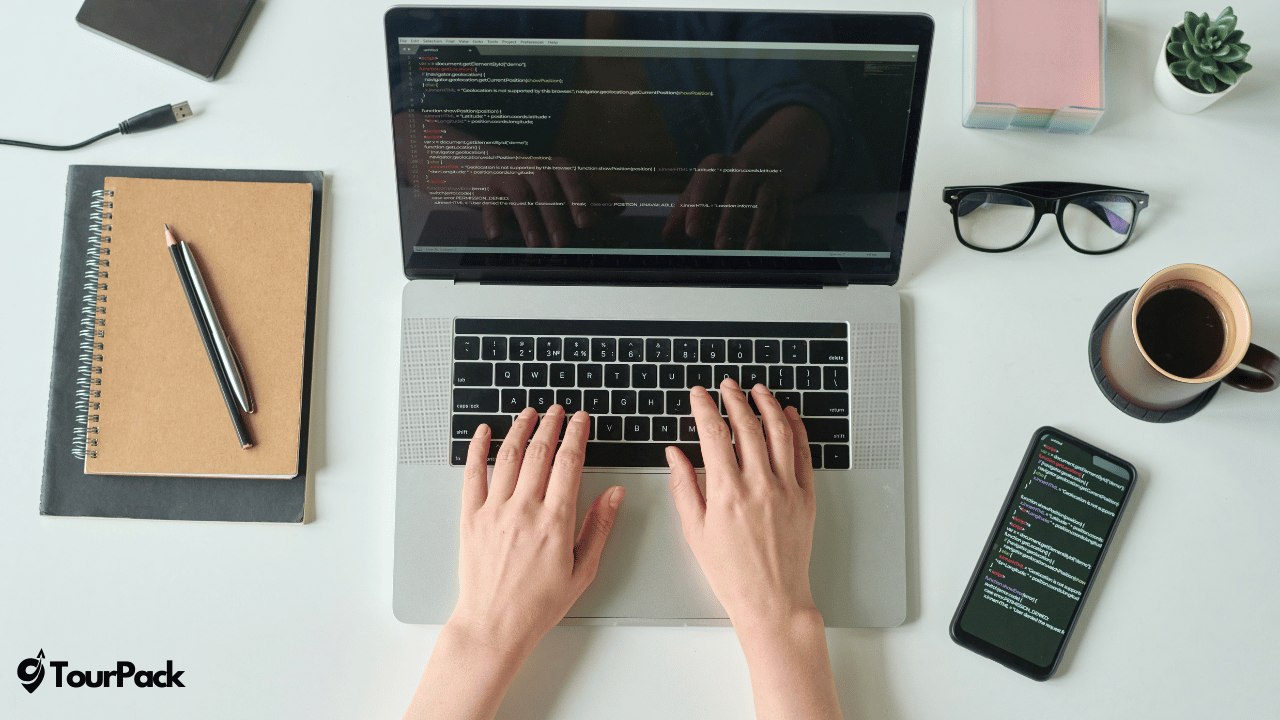
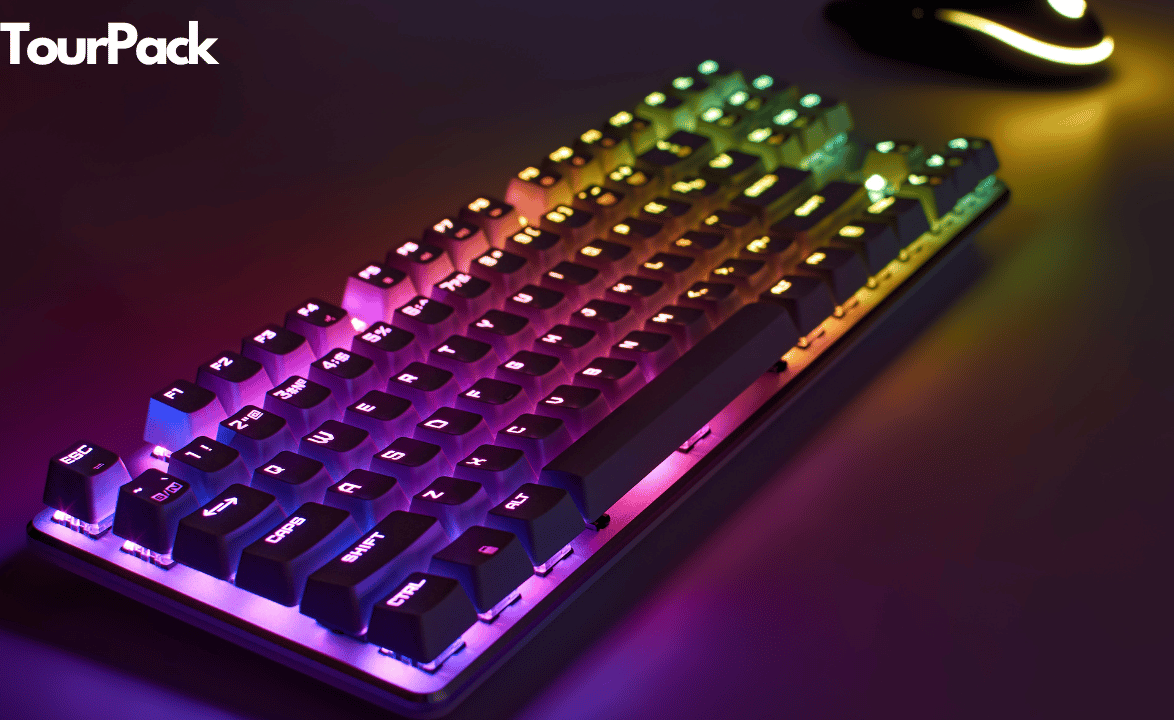

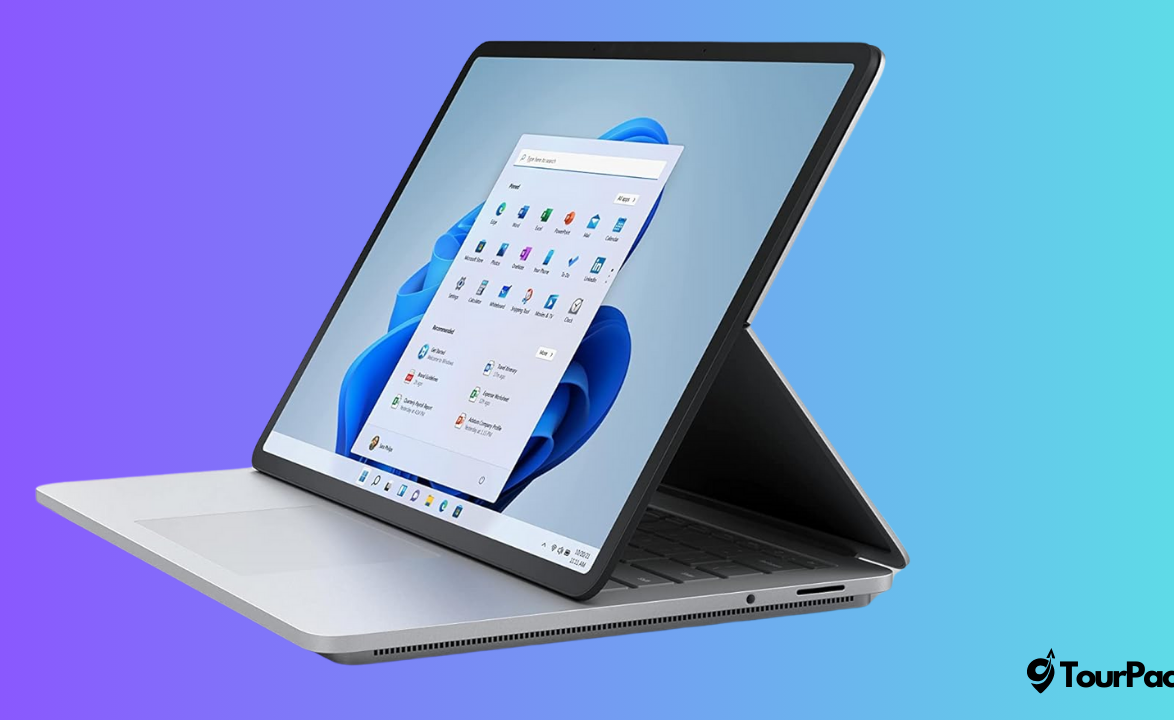
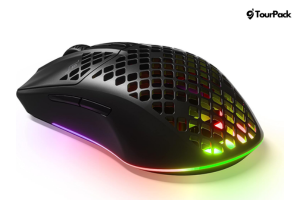
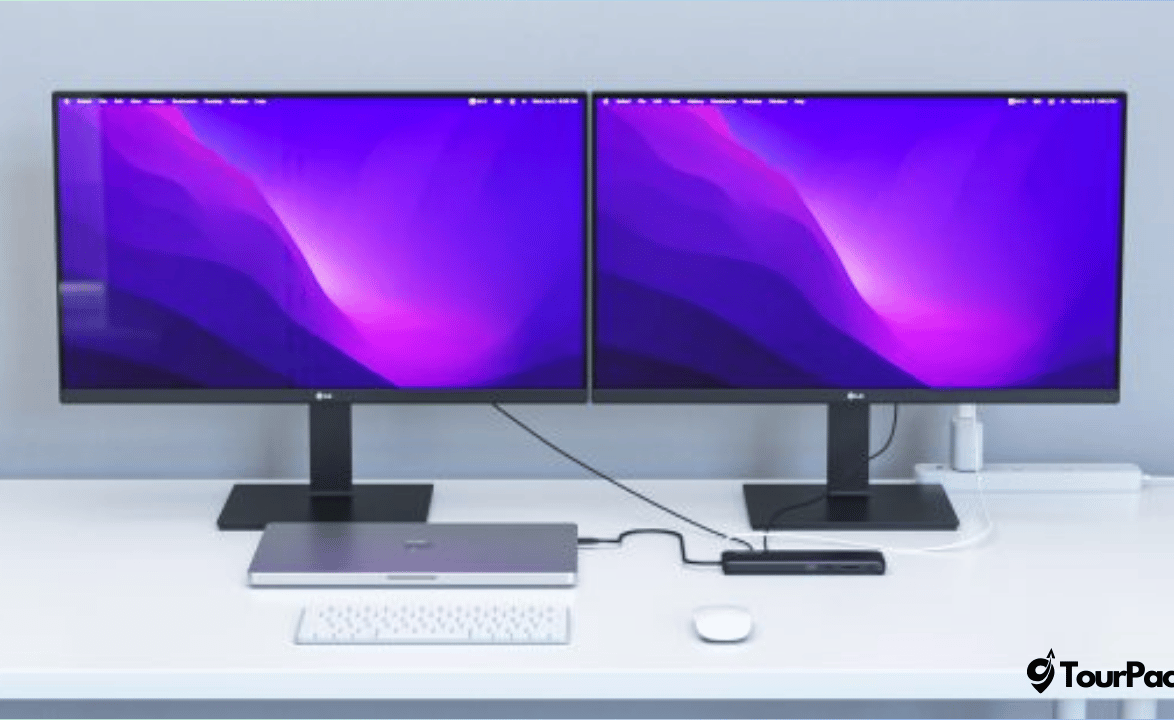
Leave a Comment
Your email address will not be published. Required fields are marked *